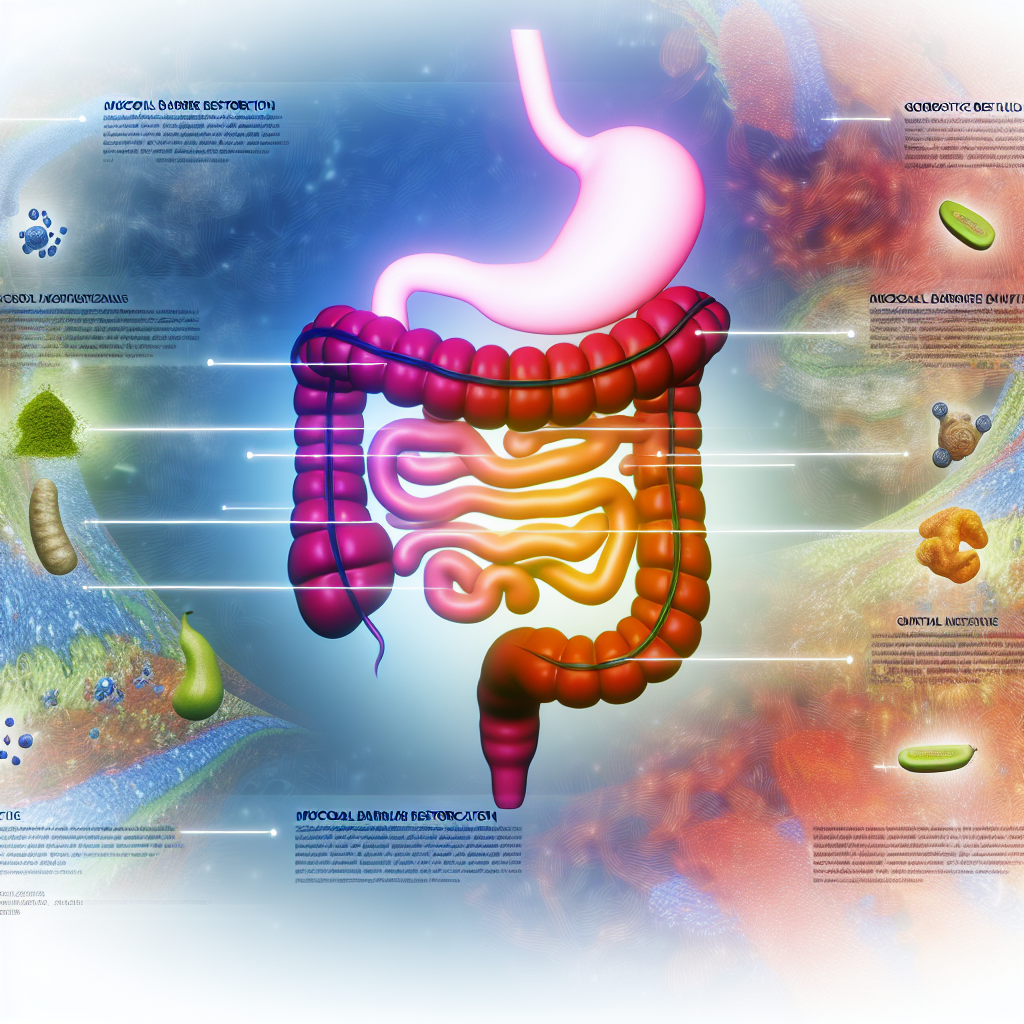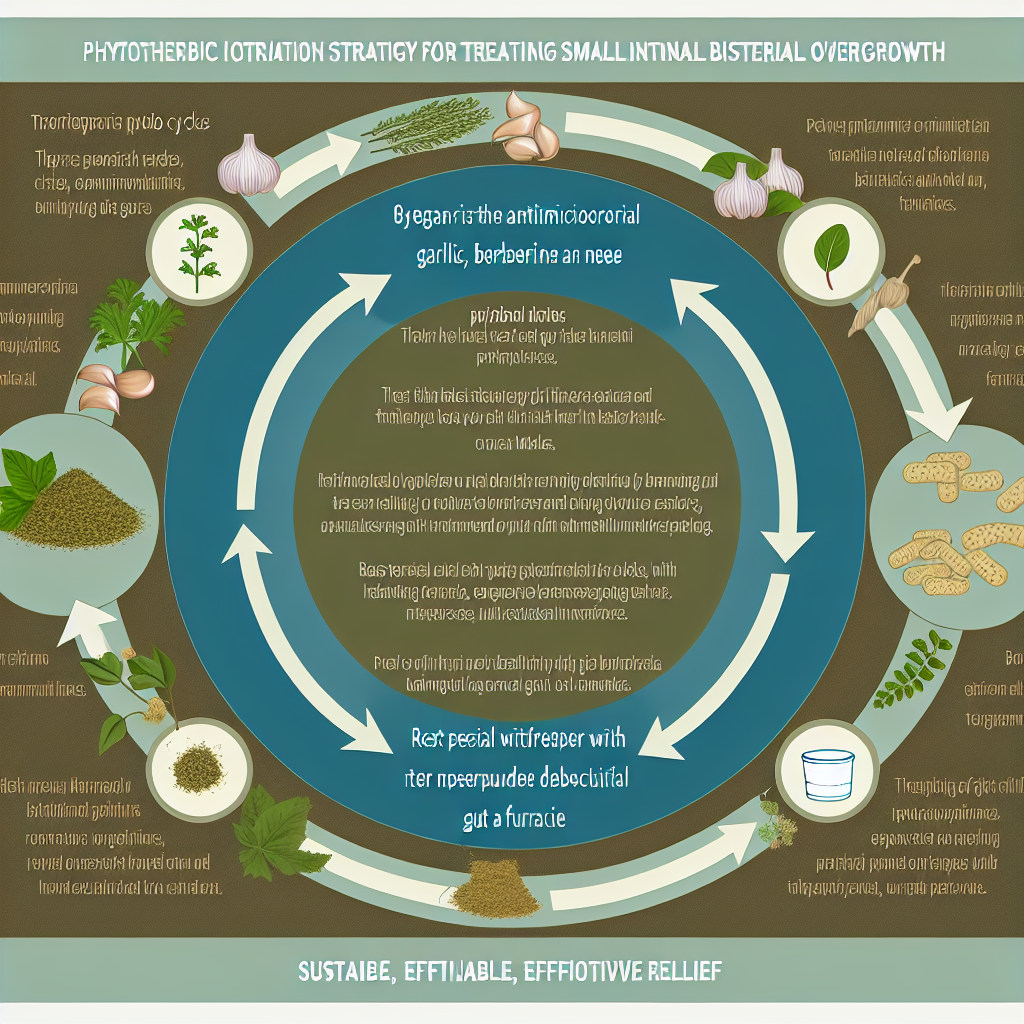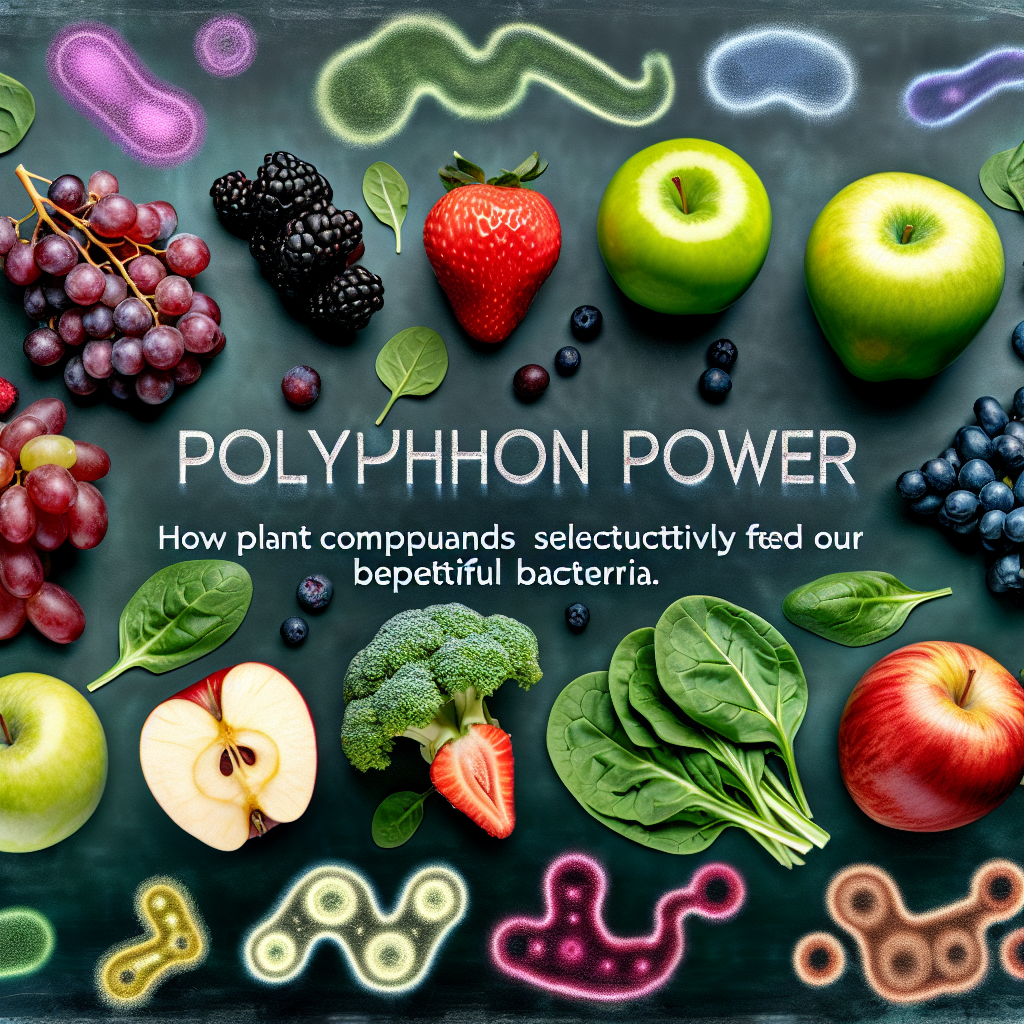Traditional Healing Systems’ Approach to Digestive Health: Evidence-Based Applications
Digestive health lies at the heart of overall well-being. As scientific understanding of the human gut microbiome advances, so too has interest in traditional healing modalities that have supported gut health for centuries. From Ayurveda in India to Traditional Chinese Medicine (TCM) and Indigenous medicine practices around the world, these systems offer timeless insights into balancing and restoring digestive function naturally.
Igniting the Digestive Fire: Ayurvedic Wisdom Supported by Science
In Ayurveda, the concept of “Agni,” or digestive fire, is central. When Agni is strong and balanced, digestion, absorption, and assimilation of food proceeds efficiently. Weak or imbalanced Agni leads to “Ama” – toxic buildup due to improperly digested food. Herbal therapies such as ginger (Zingiber officinale), triphala (a blend of three fruits), and fennel seeds are used to stimulate and regulate Agni.
Modern research supports these herbs’ digestive benefits. For example, a study published in the Journal of Alternative and Complementary Medicine found that triphala improved bowel movements and reduced irritable bowel syndrome (IBS) symptoms in participants after 4 weeks of use.
Balancing Digestive Qi: TCM’s Herbal Allies and Energy Flow
Traditional Chinese Medicine (TCM) views the digestive system as governed by the Spleen and Stomach, which are key to processing food and transporting nutrients. Disruptions to the body’s energy flow—or “Qi”—can lead to bloating, loose stools, or fatigue. Treatments often include acupuncture and herbal remedies like licorice root, ginseng, and ban xia.
Among these, Chinese Rhubarb (Rheum officinale) stands out with modern evidence supporting its anti-inflammatory and gut-modulating properties in ulcerative colitis and other bowel disorders. See study on PubMed
Cultural Probiotics: Fermented Foods as Gut Microbiome Allies
Fermented foods have long been a staple in global traditional diets—from Korean kimchi and German sauerkraut, to Indian lassi and Ethiopian injera. These fermented options naturally enhance the gut microbiome by introducing beneficial bacteria.
Research in Frontiers in Microbiology confirms that traditional fermented foods increase microbial diversity in the gut—linked with reduced inflammation and improved immune function.
Adaptogenic Botanicals: Stress-Reducing Herbs That Heal the Gut
Adaptogens like ashwagandha, holy basil, and licorice—key staples in both Ayurvedic and TCM practices—support digestive health indirectly by regulating the body’s stress response. Chronic stress impairs digestion, affects motility, and alters gut flora.
A review in the journal Nutrients highlights how adaptogens reduce cortisol and influence the gut-brain axis, offering relief in stress-exacerbated gut disorders.
The Gut-Emotion Connection: Mind-Body Practices for Digestive Relief
Traditional medicine has always emphasized the emotional foundation of digestive health. Ayurveda, TCM, and Indigenous practices routinely pair herbal treatments with modalities like yoga, meditation, qi gong, and tai chi.
Modern research confirms the value of these practices—especially mindfulness-based interventions—for those with IBS and functional gastrointestinal disorders. One study published in Psychosomatic Medicine found improved symptom severity in IBS patients practicing mindfulness meditation.
Conclusion: Blending Ancient Wisdom with Modern Evidence for a Healthier Gut
The convergence of traditional healing philosophies and modern medical research offers a powerful framework for improving digestive health in a natural, holistic way. Systems like Ayurveda and Traditional Chinese Medicine illustrate a deep-rooted understanding of the gut’s importance, encouraging dietary balance, herbal support, and stress reduction long before contemporary medicine recognized the gut-brain connection.
Scientific validation of common practices—such as herbal remedies, fermented foods, and mind-body interventions—offers individuals today an opportunity to integrate safe, effective approaches into their wellness regimen.
Concise Summary:
Traditional healing systems like Ayurveda and Traditional Chinese Medicine offer time-tested insights into supporting digestive health through herbal remedies, fermented foods, and mind-body practices. Modern research is increasingly validating the efficacy of these natural approaches, providing a holistic framework for addressing common gut issues.

Dominic E. is a passionate filmmaker navigating the exciting intersection of art and science. By day, he delves into the complexities of the human body as a full-time medical writer, meticulously translating intricate medical concepts into accessible and engaging narratives. By night, he explores the boundless realm of cinematic storytelling, crafting narratives that evoke emotion and challenge perspectives.
Film Student and Full-time Medical Writer for ContentVendor.com




